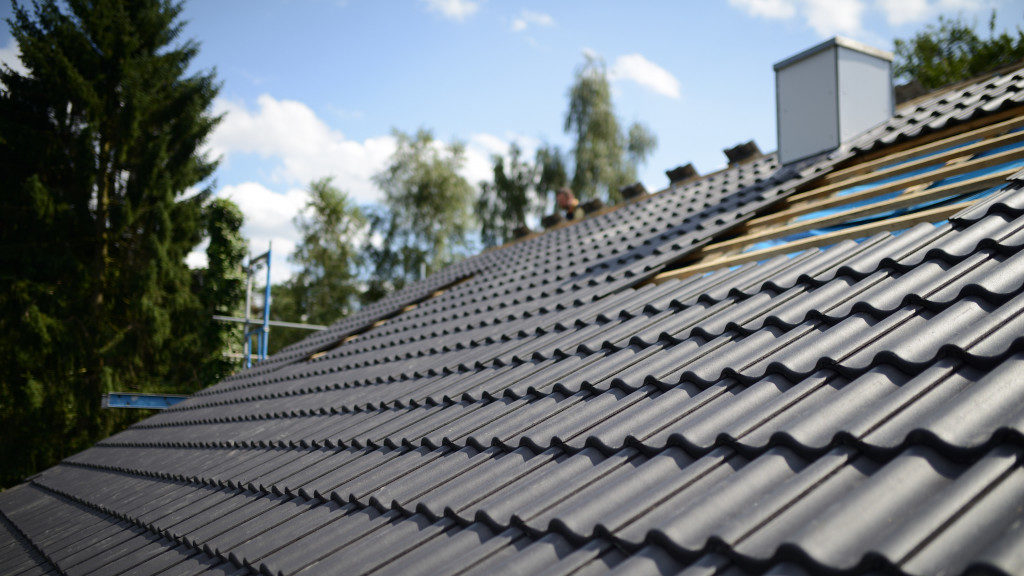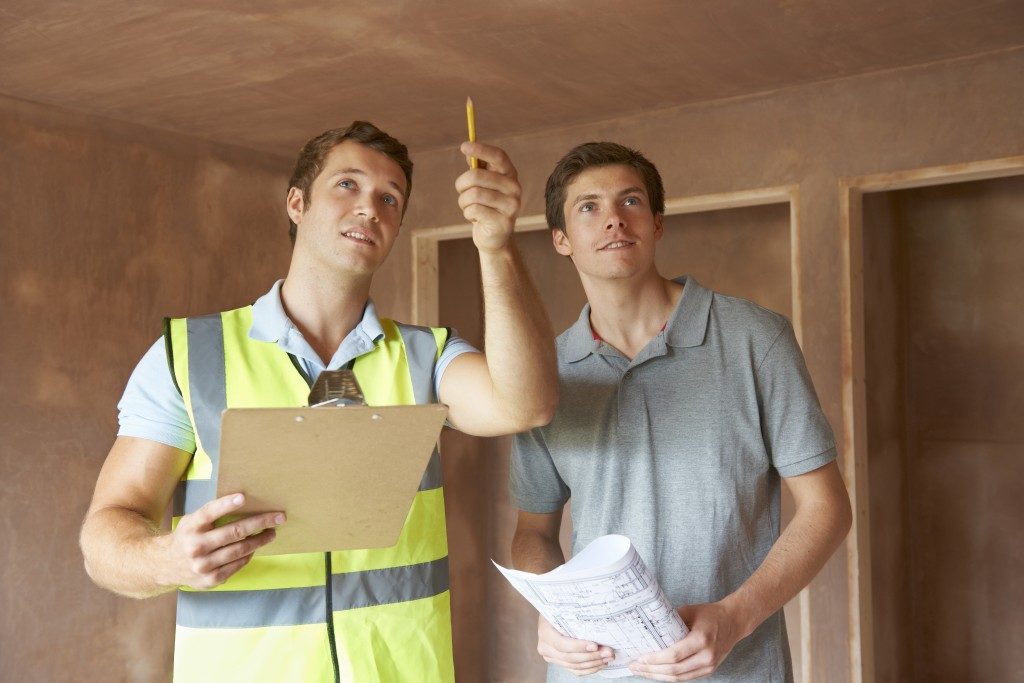Buying a house is not just another purchase. With houses costing a considerable amount of investment, it is important that you ensure that the house you’re buying is in good condition. This is why a home inspection is recommended for every home buyer.
But even a home inspection can’t guarantee that every issue present will be uncovered. It won’t also warrant that you can unveil every possible problem you may encounter in the future. Don’t want to end up paying for hefty maintenance costs or encounter safety issues in the future? Then consider specialized home inspections as worthy investments. But which additional home inspections can you tackle before moving to your new house?
Electrical Inspection
There are different ways to safeguard your home against fire hazards. After buying a new house, invest in an electrical installation condition report (EICR). An EICR for properties is made by qualified professionals. This can tell you the quality of your home’s electrical installation. This can let you know whether your electrical installation is safe or whether there is any damaged electrical wiring that you need to fix immediately.
HVAC inspection
The best way to determine if the old owners of your new house did a great job of maintaining the HVAC system is through an inspection. Take note that your HVAC needs to be working as efficiently as possible. This won’t only ensure your family’s comfort no matter the season. It can also affect your energy bills, as an inefficient HVAC system can cause your energy bills to skyrocket.
Plumbing Inspection
Your water pipes and water fixtures need a thorough inspection to ensure they meet the necessary requirements. Allowing a professional plumber to check these will help make sure that you got everything installed properly. This also helps you eradicate any future plumbing issues, including water damage. The last thing you need is to pay for extensive water damage that could have been prevented with a simple inspection.
Mold Inspection
You may not find mold growth in your attic or basement, but that does not mean that no mold is lingering inside the house. Mold can trigger allergic reactions. These can even cause certain respiratory issues if one is exposed to toxic mold for a long time. To make sure your new house is mold-free, consider mold inspection as part of your list.
Roof Inspection

No matter how good your roof appears to be, it pays to have it inspected. This is especially true if your seller fails to provide you with proof or any record of the last time they got a roof inspection. Check if there are any missing shingles, holes, venting or deteriorated soffits. If you find any signs that tell you that your roof is in need of any repair or replacement, contact only a licensed roofer.
There are other inspections that you can tackle after a home purchase. These include pest inspection and structural inspection. By investing in such assessments, you can have that peace of mind, knowing your new home is in good condition. You can fix existing issues asap and prevent your maintenance bill from going up. You can even avoid potential problems in the future.

